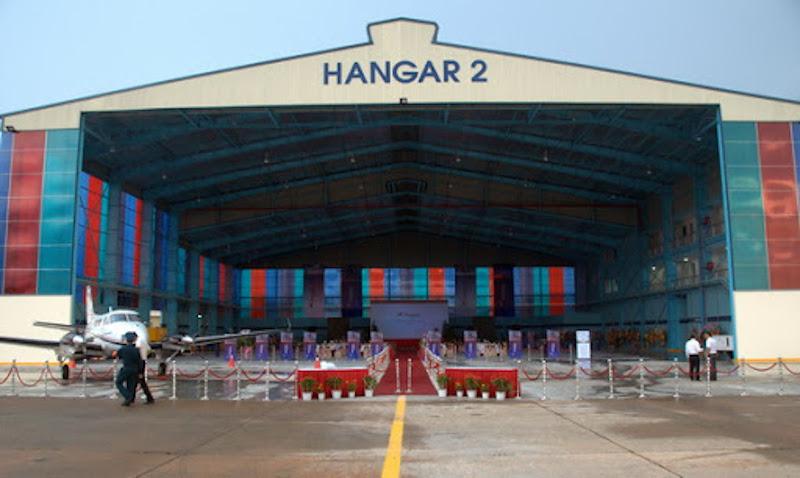MRO Southeast Asia: Blockchain Could Revolutionize Aircraft Transitions

The aviation MRO sector, like most of others industries, had to grapple with the devastating impact of Covid-19 in 2020, adapting to new demands and requirements. Even through this lull period, the MRO sector has took on and accelerated digitalization efforts, and reacting to changing customer trends.
Speaking at the Aviation Week MRO Southeast Asia online webinar, panelists identified block chain, digital logbook, data analytics as some emerging technologies for the MRO industry in the year ahead.
Blockchain technology, in particular, will be a promising technology in the years ahead as aircraft transitions between operators and lessors could see increased activities.
Todd Siena, founder and CEO of Block Aero Technologies said his company is in the process of rolling out a blockchain system that allows companies to create ‘digital assets’ of components and store safety compliance data and maintenance records, which can be stored and pass down from owners to operators in a more automated and secure manner, yet at the same time, allowing partner companies to access and create inputs to these data.
However, the product is still in the beta test phase and will be introduced ‘in the near future soon.’
“Transition of an aircraft between owners and operators is a costly, time consuming and cumbersome process. With blockchain, one will not see separate instance of reports but instead fundamental data (on a single platform) to achieve trust, standardize language and rules of engagement.” He said, and added that the aviation sector need to build up on its tools and capabilities to take full advantage of its potential in the future or risk being behind the curve from other industries.
Trinh Quoc Cuong, commercial director, Vietstar Aero Engineering flagged out that regulatory hesitance could be one of the roadblocks to the success of these digitalization plans. His company’s plans to adopt some initiatives were turned down by the local authorities and said unless major regulators like FAA or EASA adopt and certify these processes, it will take some time to see these systems come to fruition.
Siena added that the industry should come up with ways to incentivize the aviation eco system to do thing more digitally and efficiently and urged the industry not to view data as a commodity but a collaborative product shared by the stakeholders.





